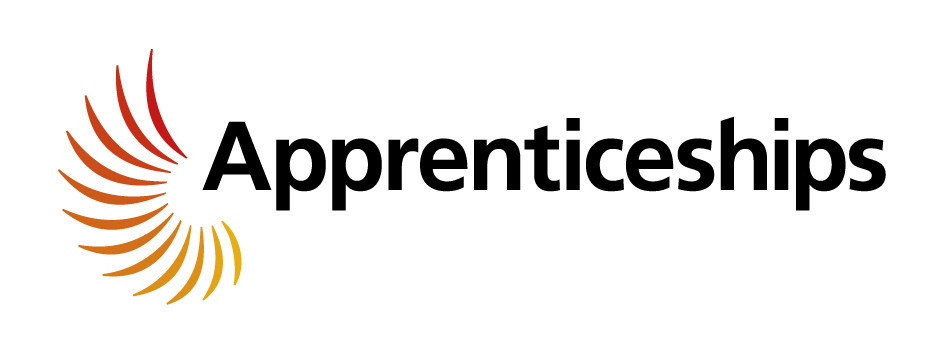Getting funding for university can seem really complicated! Navigating the websites, documents and forms to fill in can become daunting, so we've gathered some myths and misconceptions to help you get a clearer picture of your next steps:
- MYTH: You and your family need to be well off to afford university. FACT: Student finance is available to cover tuition fees and maintenance support for students from all financial backgrounds. They will assess your household income to decide how much support you receive - you may be entitled to more support than you think!
- MYTH: A student loan could affect your finances in the future.FACT: A student loan DOES NOT impact your future finances or credit score in the same way a bank loan or credit card will. You will have to disclose any remaining finance, but this will not impact your ability to apply for a mortgage or loan
- MYTH: All University tuition fees are the same. FACT: The maximum amount a university can charge for tuition is £9,250 - some universities have lower fees. It’s important to research details like this when it comes to submitting your student finance application.
- MYTH: You’ll have to start paying it back as soon as you finish. FACT: You don’t start paying back your student loan until you meet the income threshold. This is currently £27,295 for 2022 applicants and for 2023 applicants it is £25,000. If you earn less than this when you graduate, you won’t be making repayments!
- MYTH: The more you borrow, the more you have to pay back. FACT: Student loan repayments are not calculated in the same way as bank loan repayments. Think of it more like a kind of tax. No matter how much you borrow, if you meet the income threshold, you will only pay the equivalent of 9% of your salary. As your salary increases, your payments will increase. If you have not paid off your student loans within 40 years (for 2023 applicants, 30 years for 2022 applicants) after graduating it will be wiped.
Did you know:
More than £17 billion is loaned out to around 1.3 million students in England alone each year! – House of Commons Library.
Need more information?
- Find out more about Student Finance on this great page from Martin Lewis, The Money Saving Expert
- For guidance on your next steps contact our Careers Team to speak to one of our expert careers advisors.






